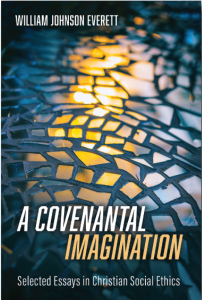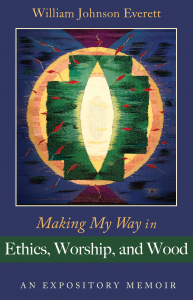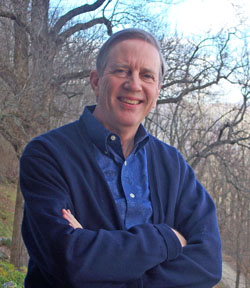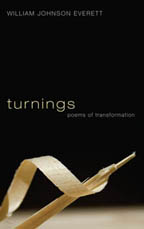I recently set aside thirty minutes for prayer and meditation to connect me in a supportive way with the work of people in our local Kairos Ministry with prisoners in a nearby prison. One of my good friends is a retired Air Force chaplain who has spent some years in this work, which creates a space in prisoners’ lives to give voice to their painful past and nourish whatever hopes they have to turn their lives around, whether in prison or beyond. Their guide is “Listen, listen. Love, love.” My friend comes back with remarkable stories about lives in conversion, turning toward hope where they had despaired, turning toward relationships from an existence in alienation.
As I turned my mind to the possible faces of prisoners, guards, and volunteers, I thought once again of how deeply our society is committed to a retributive understanding of life. We live within a religious and civil tradition of laws and ethical obligations. This is what it largely means to be people of the Bible and the Qur’an. We then turn a calculus of right and wrong into a system of punishment that exacts an enormous cost on those who violate the laws, their families, and the whole society. In my room I was able to look out on plants and trees, enriched by the life around me. Their sight is confined to concrete and steel, harsh noises and a constantly menacing environment bent on their injury. With units of time, they are “paying” a debt to society for their sin. When the debt is “paid,” as the retributive theory holds, they are then released back into the world, but now burdened with a lifetime shackle of disgrace or infamy that usually limits their work, their residence, their vote, and their relationships.
The restorative perspective focuses on the harm that has been done, the way the perpetrator of that harm can help redress that harm in whatever way is possible, and on becoming equipped to participate in the society in a positive way. It is a perspective that is even pushing Congress to begin to turn around the extreme retributive model that has given us the highest incarceration rate in the world.
As long as we are captive to the calculations of retribution as the necessary consequence of law and justice we will never begin to walk a restorative path. I began to envision what would restore people who have wronged others, often in order to feed their addiction and mental disorders. What if a prison had gardens for every convict, even as Nelson Mandela tended his tomatoes at Pollsmoor Prison after his release from Robben Island? What if each prisoner had a fruit tree to care for? Some are now receiving dogs to rebuild their capacity for care and relationship. What about a horse? In short, what about an environment that helps them return to what is human—tending the earth and living in relationship, not only with animals, but eventually, once again, with people? In short, how can we turn from creating inhumane environments of retribution to humanizing environments of restoration? When will we turn from the calculus of retribution to the conversation of restored humanity?
As my friend listens encouragingly to people whose loss of liberty now threatens to debase their humanity, I wonder how we all might imagine anew a world that seeks to heal rather than punish, renew rather than consume, hope rather than fear. Maybe there’s a Kairos ministry near you or something like it. Maybe you might take an hour to lend them an ear, a prayer, a sign of hope, a donation. Maybe you might be one of those extraordinary listeners. Let me know what you think. I’m listening.







 Red Clay, Blood River
Red Clay, Blood River
Thank you Bill, for this thoughtful and challenging piece. Your idea of humanizing the prison with trees, pets, etc sounds fascinating to me. Listen Listen Love Love is a wonderful motto for our ministry to the prisoners. One of the challenges in India is wean the Christians who engage in “prison ministry” from their focus on converting them to Christian faith rather than the work for restoration. You know the Tamilnadu Theological Seminary has been involved in ministry to the prisoners. You may know that the Central Prison in Madurai is located just a block away from the Seminary. One of the good things they have done is to have convinced the prison authorities that the Seminary campus is a safe place for prisoners to come and visit with their families. I have watched and at times participated in that program. It is wonderful to watch the faces of the prisoners gleaming with joy as they meet their families in mango grove within the campus. Thank you Bill for timely message.